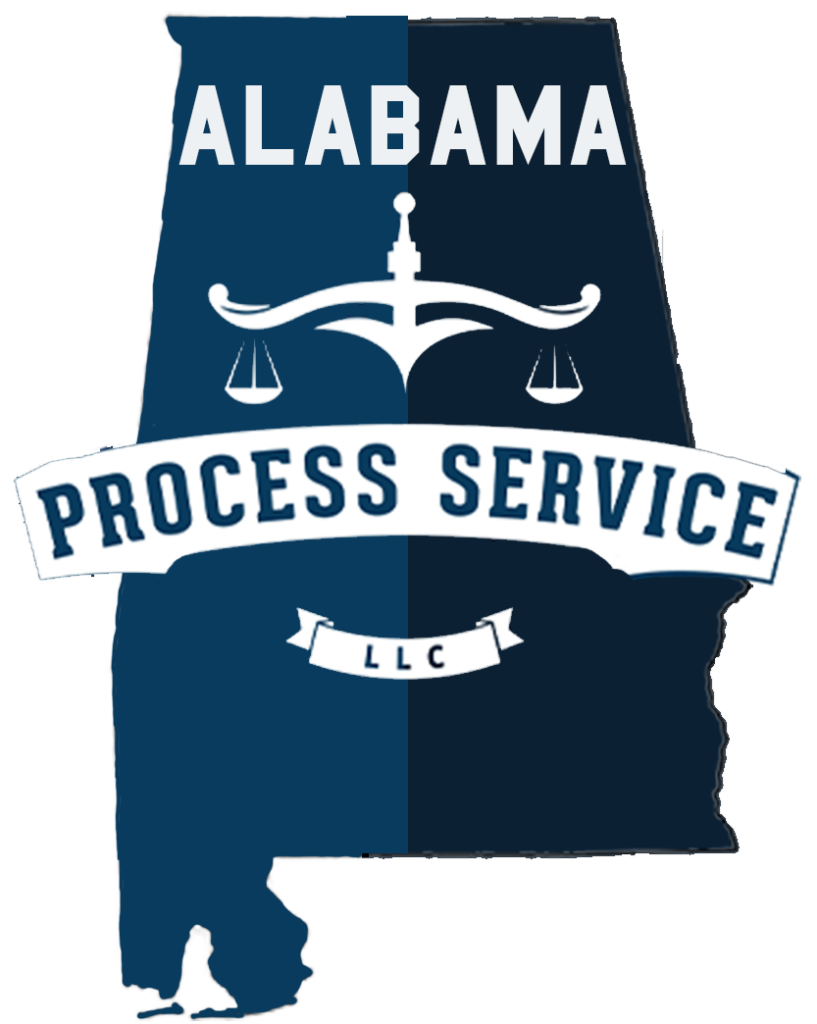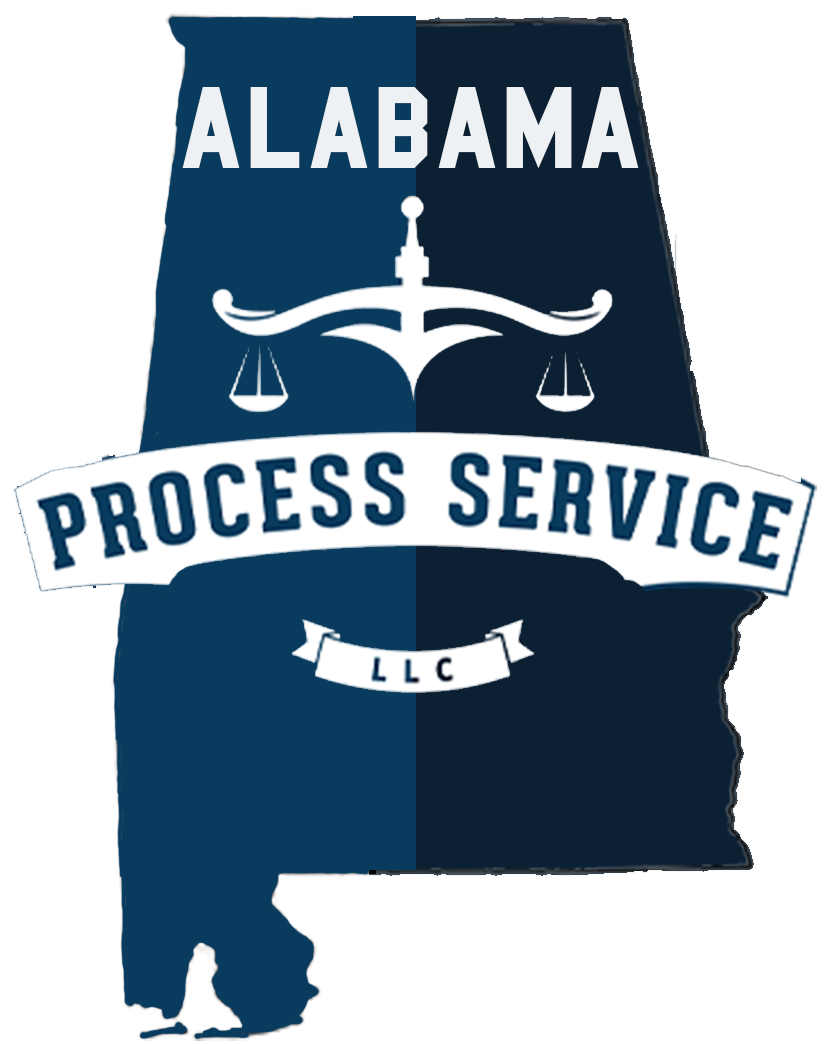Title: Enhancing Communication Strategies for Process Servers in Jasper
As a process server in Jasper, effective communication is key to successfully serving legal documents and maintaining positive relationships with clients, attorneys, and individuals involved in legal proceedings. Clear and concise communication can enhance efficiency, build trust, and ensure that all parties involved are informed and engaged throughout the process serving journey. In this blog post, we will explore some essential communication strategies for process servers in Jasper to improve their effectiveness and professionalism.
1. Establishing Clear Communication Channels: One of the first steps in enhancing communication as a process server is to establish clear communication channels with clients, attorneys, and individuals involved in legal cases. Make sure that contact information is up-to-date and easily accessible, and be proactive in reaching out to provide updates and gather necessary information.
2. Setting Expectations: Clearly define the scope of work, timelines, and expectations with clients and attorneys from the beginning. Ensure that all parties involved understand the process serving procedures, potential challenges, and the importance of timely communication throughout the process.
3. Active Listening: Effective communication is a two-way street, and active listening is a crucial skill for process servers in Jasper. Take the time to listen attentively to clients’ needs, concerns, and instructions, and ask clarifying questions to ensure a complete understanding of the requirements.
4. Professionalism in Written Communication: Written communication, such as emails, reports, and documentation, plays a significant role in the process serving industry. Maintain a professional tone, use clear and concise language, and proofread all written communication to avoid misunderstandings and errors.
5. Timely Updates: Keep all parties involved informed of the progress of the serving process, any challenges encountered, and any relevant updates. Timely communication can help build trust and demonstrate your commitment to providing high-quality service.
6. Conflict Resolution Skills: In some cases, process servers may encounter challenging situations or conflicts during the serving process. Developing effective conflict resolution skills can help process servers navigate these situations professionally and maintain positive relationships with clients and individuals involved in legal cases.
7. Continuous Improvement: Finally, continuous improvement is essential for enhancing communication strategies as a process server in Jasper. Seek feedback from clients, attorneys, and colleagues, and be open to learning from each experience to refine your communication approach and provide exceptional service.
In conclusion, effective communication is a cornerstone of success for process servers in Jasper. By establishing clear communication channels, setting expectations, actively listening, maintaining professionalism in written communication, providing timely updates, developing conflict resolution skills, and prioritizing continuous improvement, process servers can enhance their communication strategies and build strong relationships with clients and stakeholders. By implementing these strategies, process servers in Jasper can position themselves as trusted professionals in the legal industry and deliver exceptional service to support the legal process.

